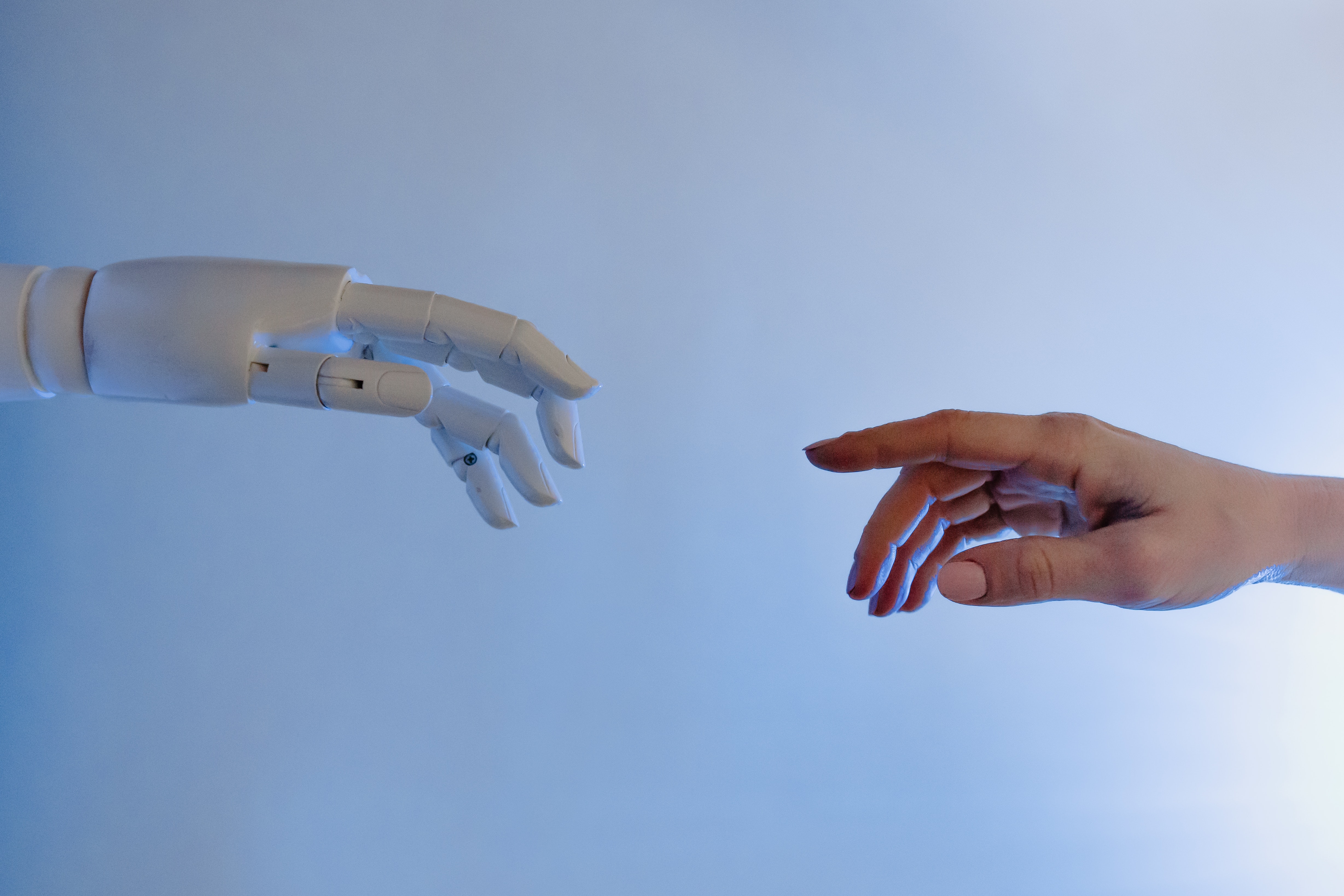The 2023 Center of Gravity for Reverse Logistics
By Oliver Hedgepeth, American Public University

Over the last three years, where the COVID pandemic closed supply chains around the world, where items were missing from retail store shelves and where disruption of work and living a normal life became a new normal, reverse logistics (RL) rose. Reverse logistics became a builder of new products and emerging jobs.
In 2023, retail and wholesale will demonstrate some new mottos for RL. You will see that reverse logistics never stopped growing over these last three years and that those in RL were never satisfied with being average. Home makers learned new ways to conserve everything from food to clothing to recycling trash and find new ways to use equipment. Even art became part of the RL movement.
Those retail stores working with RL learned to listen to the customer more, creating a faster future of success. It seems that in 2023 RL is a process that never seems to stop growing. But what is needed for 2023 is to continue to reinvent RL with artificial intelligence and digital learning methods. That means RL success for 2023 and into 2024 will need a new metric.
Colleges such as American Public University (APU) offer some of this new metric thinking with courses in environmental issues, technology, policies and procedures, cost and benefit analysis, transportation economics, plus artificial intelligence in business.
You can use this RL training and education to study and measure how reverse logistics can be used to track and trace goods as returns, recalls, recycling, and waste. And define the issues involved with implementing a reverse logistics plan in a manufacturing, retail, or military operation.
The future is already here thanks to the COVID pandemic and increases in technology. We now live in a hybrid workplace where the center of gravity of purchasing and returning items or waste recycling is changing. It is the artificial intelligence and digital platforms that are changing the norms of retail and wholesale industry. And companies are continuing to define in 2023 what this transition to that center of gravity of reverse logistics mean and is defined as. This hybrid focus on reverse logistics is more than just returning an item to a retail store or recycling used iphone or paper and plastic for weekly pickup at your home or office. Our 2023 hybrid reverse logistics concept has become a social bonding of customer service, customer loyalty and product usage. What works in the reverse logistics world is still being formed in new ways of thinking and new ways of measuring success.
Cloud computing and artificial intelligence have increased huge amounts of money in the marketplace for retail, and for reverse logistics. This technology is changing how we work and live and return products and manufacture products from recycled items. Even the failure of cryptocurrency has impacted investments with companies investing in new ways to recycle.
The robots are moving into recycling area from unloading to sorting items to be recycled. But there are still limits of how a human and robot conflict in their operations. Companies that invest in new thinking with robots are Zume, SoftBank Robotics, United Robotics, Telsa, Apple, Meta, Amazon. There are flying cars being built and experimented with to move people and cargo. There are companies like Google Glass to make and recycle glass and other materials.
What has happened over the last two or three years is the recognition of a reverse logistics middleman or middleperson. This person is needed to be the manager or overseer of the information flow and transportation flow of goods and services that create the new wave of reverse logistics activities needed for the business world of 2023 and 2024 and beyond. Academics are now exploring ways to develop and test this concept of these reverse logistics managers of recycled information.
American Public University (APU) is one of many educational institutions that offer certificates and degrees in reverse logistics. APU offers a Batchelor of Arts (BA) and Master of Arts (MA) degree in Reverse Logistics Management. Many community colleges also offer a variety of RL education for both military and civilian operations. That is, jobs and promotions.
Today’s academic institutions are creating a difference between normal experience and training and education in logistics and supply chain and warehouse operations. Colleges such as APU are providing a more competitive set of knowledge for those getting out of the military reaching for a civilian career. And for civilians in the logistics field already, RL education and training makes you more marketable.

 Oliver Hedgepeth
Oliver HedgepethDr. William Oliver Hedgepeth’s research interests and publications include radio frequency identification, artificial intelligence, global supply chains, global logistics, transportation, reverse logistics, logistics, supply chain management, transportation, online teaching methods, and circular economics. He is a full-time professor at American Public University (APU). He earned a Ph.D. in Engineering Management from Old Dominion University, a M.E.M. in Engineering Management from Old Dominion University, and a B.S. in Chemistry and Mathematics from Atlantic Christian College (Now Barton College). He studied Nuclear Engineering at Catholic University of America. He was program director of three academic programs at APU: Reverse Logistics Management, Transportation and Logistics Management and Government Contracting. He has taught over 7,000 students from APU. He was Chair of the Logistics Department at the University of Alaska Anchorage. Dr. Hedgepeth was the founding Director of the Army’s Artificial Intelligence Center for Logistics from 1985 to 1990, Fort Lee, Virginia. His textbook, RFID Metrics: Decision Making Tools for Today's Supply Chains, was published by CRC Press in 2006.